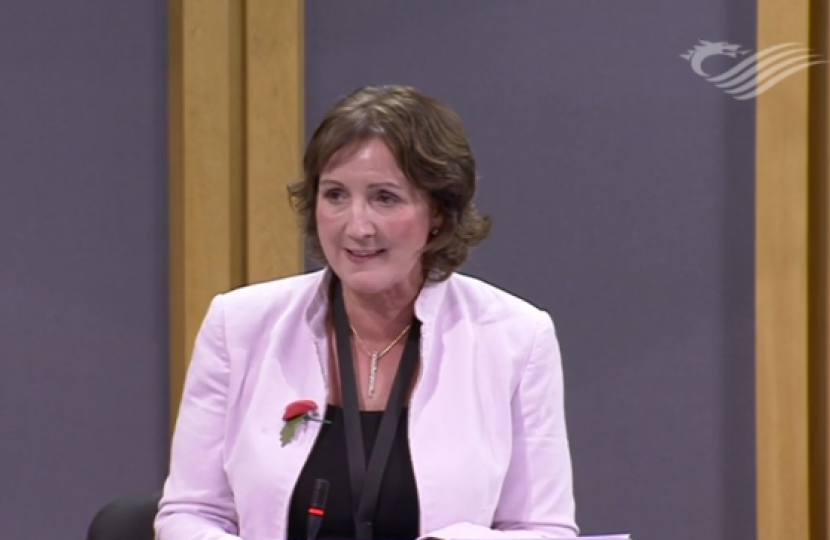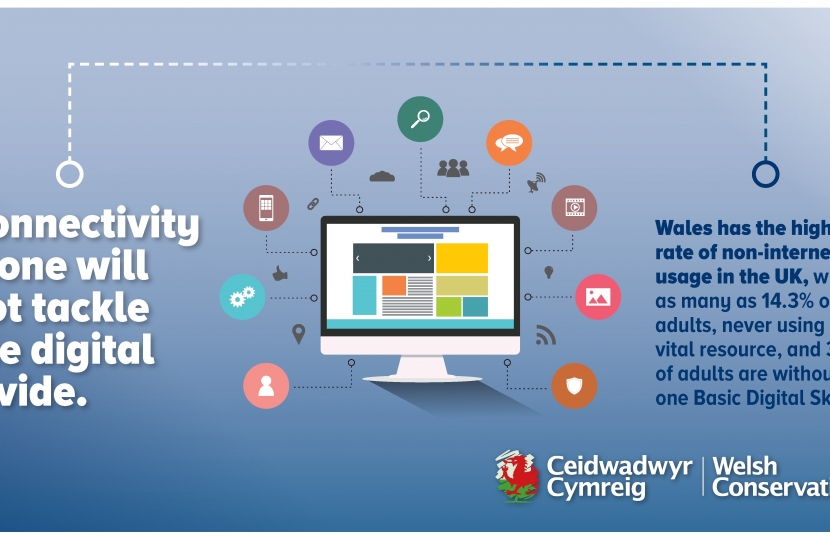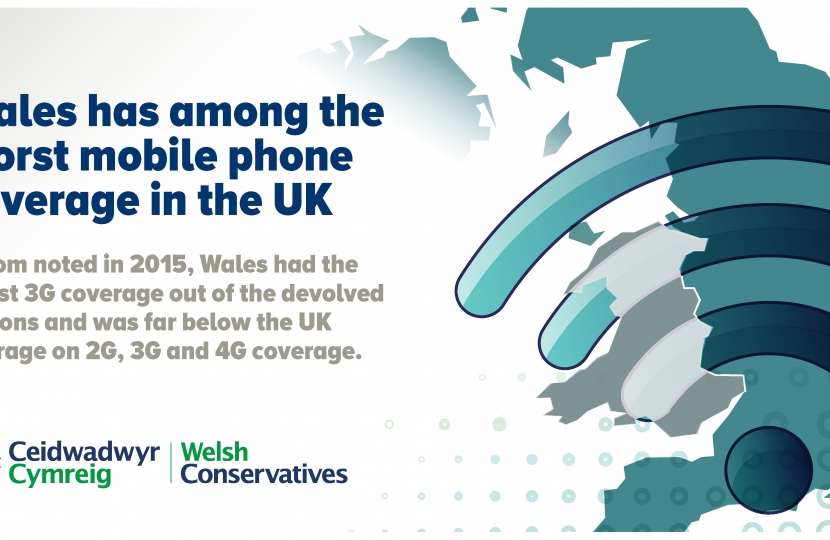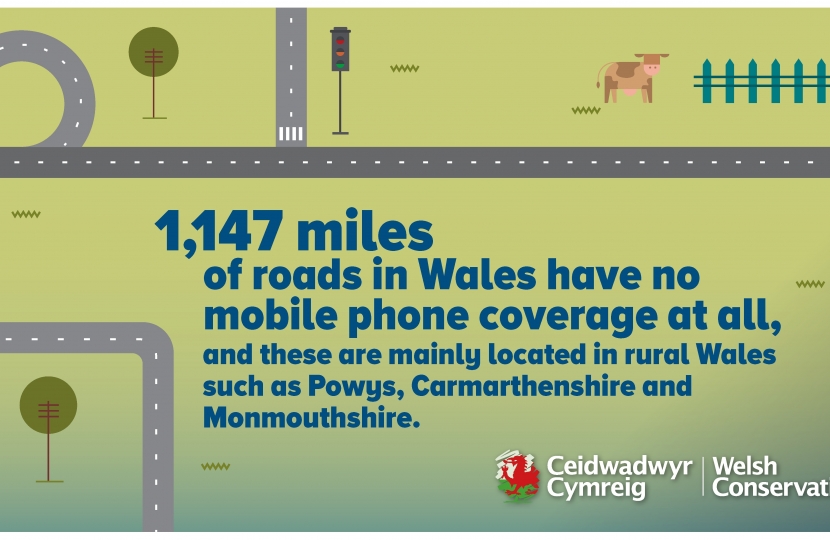This debate is very timely, especially given some of the difficulties now presenting on broadband matters across Wales, and not least of all within Aberconwy. Rather than cultivating connectivity, the Welsh Government now has on their hands a major digital divide, with many caught up in a postcode lottery to access and download speed. Just 60 per cent of properties in rural Wales have access to a fixed speed of 10 Mbps, compared with 95 per cent in urban areas. I have many constituents who cannot even obtain speeds of even 1 Mbps, and similarly, Wales has the worst 3G coverage out of the devolved nations. A particular issue for my constituency is that a lot of the premises in the rural areas of Aberconwy are connected to cabinets that are simply miles away from their properties. Consequently, even when the cabinets have been upgraded with fibre to the cabinet, premises cannot take advantage of the digital development. The phone line connectivity and the basic infrastructure simply isn’t there, and it will come as no surprise that Conwy and Denbighshire have the lowest rate of internet usage, with 18 per cent of people not using this vital resource, now seen as an essential fourth utility.
For our Welsh farmers, the Welsh Government has moved farming applications and registrations online, such as Rural Payments Wales and EID Cymru. However, without a reliable connection, many farmers now have to outsource this work, at cost, or potentially face serious penalties. In 2014, nearly £0.5 million was accrued in penalties by our hard-working farmers: it simply isn’t fair. The failure to provide superfast broadband to many remote areas has actually served to increase the isolation of our rural communities, creating a massive digital divide between the haves and the have-nots. With banks closing on a weekly basis, it is assumed by city banks that business owners will simply go online, but if only they could. It is now, therefore, a given that all communities must have access to next generation broadband and the taste of connectivity that other parts of the UK simply take for granted. Ninety per cent of small businesses in Wales have cited that a reliable interconnection is crucial to their operations, and seen equally as important as any other basic utility. So why, therefore, is it that only 58 per cent of homes and businesses have access to superfast broadband that works effectively?
But I would, in speaking, like to thank the Minister Julie James AM for her advice and assistance with some of the tricky issues I’ve raised with her department recently. I actually do believe that you are doing your best to fulfil the targets promised and those aims. But, I have to say, there needs to be a corporate approach by this Welsh Government with all Cabinet Secretaries and the First Minister himself, to provide more resources and to provide you with the support to carry out your work and the task ahead of you.
North Wales has just recently been named in ‘Lonely Planet’s Best in Travel 2017’ as one of the top regions in the world—fantastic. But if those in the hospitality industry and our rural businesses are only offering a third-class internet service, this is going to impact negatively. It is estimated that an increase in digital capabilities of SMEs across the UK could unlock economic returns of £18.8 million. These must be supported to capitalise on such opportunity.
Digital growth is key to driving forward innovation in our economy, with 12 per cent of GDP being generated through the internet. However, in Wales, we have an outdated infrastructure to support a faster broadband provision. Issues raised locally at surgeries of mine are that BT Openreach and superfast broadband simply don’t talk to one another—silo working. There isn’t a joined-up approach when difficulties arise, and a lot of buck passing takes place. So, it does follow that, on behalf of the people and businesses in Aberconwy, I want to place on record my extreme disappointment that the previous Welsh Government failed to deliver on its own ambition in the 2011 programme for government that all residential premises and businesses in Wales would have access to next-generation broadband.
The recent statement by the Minister makes clear that £12.9 million of funding generated through predicted take-up levels can, hopefully, be used to provide superfast broadband access ahead of the end of the current contract on 27 December. However, I agree that this extra funding will only go part of the way to addressing the remaining unconnected premises and more focus must be placed on BT’s overall performance as regards their infrastructure. Again, I would reiterate, I am asking the Welsh Government to support and act on the calls of the Minister Julie James AM to look to extend deployment to 2018 and beyond, to take up the mantle and to ensure that this fourth utility is delivered universally.




